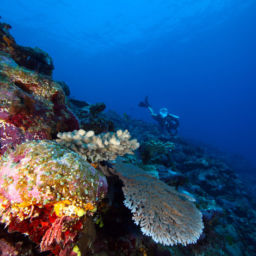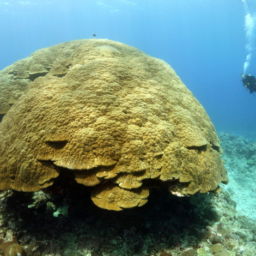In early March, the Prime Minister of Samoa Tuilaepa Aiono Sa’ilele Malielegaoi announced that the island nation is declaring its waters a shark sanctuary. The waters around the small South Pacific island nation are home to nearly 30 species of sharks and rays. Once established, the shark sanctuary will be the 17th in the world.
The Prime Minister made the announcement at a forum to celebrate the region’s conservation history. Once in place, the regulations will ban commercial fishing in the nation’s waters, as well as the possession, trade, or sale of sharks or shark products throughout the 50,000-square mile (128,000 km) exclusive economic zone. Fishing gear targeting sharks will also be banned.
Officials from 10 Pacific island nations attended the symposium, which also discussed previous shark-conservation measures. The first shark sanctuary in the area, the Micronesia Regional Shark Sanctuary, was created in 2015. It includes the waters of Palau, the Marshall Islands, the Federated States of Micronesia, and Kiribati, representing a contiguous swath of ocean larger than the European Union.
Regional governments carried on with that momentum by supporting the 2016 listings on Appendix II of the Convention on International Trade in Endangered Species of Wild Fauna and Flora of silky sharks, thresher sharks, and mobula rays. Last year, Samoa was in the lead when it comes to protecting blue sharks under the Convention on the Conservation of Highly Migratory Species of Wild Animals.
“As Pacific Ocean stewards, it is our duty to protect them, and by doing this we are also protecting the livelihoods of our people,” said Prime Minister Malielegaoi to Pew Charitable Trusts. “Samoa has therefore joined the positions of other shark conservation Pacific islands by designating our national waters a shark sanctuary, safe for all sharks and rays.”



